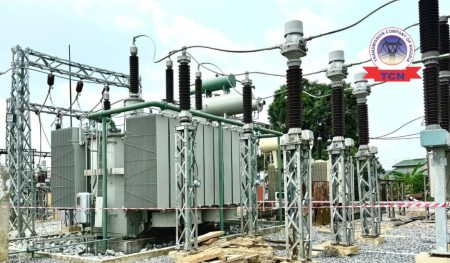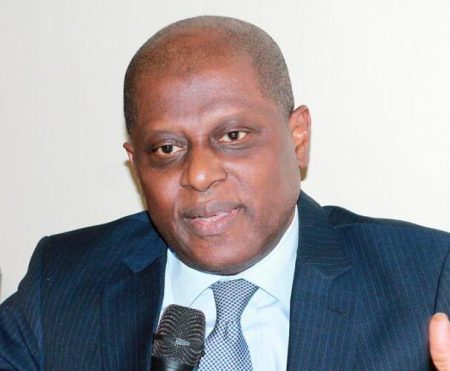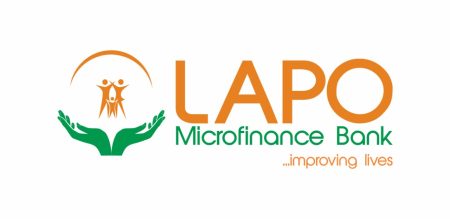The potential reinstatement of licenses for Ghanaian banks affected by the 2017-2019 banking sector cleanup has sparked a contentious debate, raising complex questions about financial stability, due process, and the balance between local ownership and foreign control in the banking sector. Professor Peter Quartey, Director of the Institute of Statistical, Social and Economic Research (ISSER), has urged caution, warning against hasty decisions that could destabilize the financial sector and erode public trust. His concerns highlight the delicate balancing act facing the government and the newly appointed Governor of the Bank of Ghana (BoG), Dr. Johnson Asiama, as they navigate this politically charged issue.
The cleanup, spearheaded by former BoG Governor Dr. Ernest Addison, saw the revocation of licenses for several local banks, including GN Bank and Heritage Bank, on grounds of insolvency and regulatory breaches. This drastic intervention, while aimed at strengthening the financial system, has been met with persistent claims of injustice by some affected parties, particularly Dr. Papa Kwesi Nduom of GN Bank and Seidu Agongo of Heritage Bank. They argue that their institutions were unfairly targeted and that a proper review would demonstrate their viability. The change in leadership at the BoG has rekindled hopes for a reassessment of their cases and potentially a reversal of the previous administration’s decisions.
Professor Quartey’s call for caution reflects the potential risks associated with reinstating banking licenses without a thorough and independent evaluation. Reversing previous regulatory decisions, even if perceived as unjust, could create a precedent that undermines the credibility and authority of the BoG. Such a move might also signal a weakening of regulatory oversight, potentially encouraging risk-taking behavior within the financial sector and ultimately jeopardizing its stability. Moreover, reinstating licenses without addressing the underlying issues that led to the initial closures could simply postpone a future crisis.
The debate surrounding the banking sector cleanup is further complicated by the growing dominance of foreign-owned banks in Ghana. With two-thirds of the country’s 23 commercial banks now under foreign control, concerns about the erosion of local ownership and its potential implications for economic development are mounting. While foreign investment can bring significant benefits, such as increased capital and expertise, an overreliance on foreign institutions can also create vulnerabilities. Decisions about reinstating local banks must therefore consider not only the individual merits of each case but also the broader implications for the structure and ownership of the Ghanaian banking sector.
A key challenge in addressing the calls for license reinstatement lies in the need for a transparent and impartial review process. Given the highly politicized nature of the issue and the potential for conflicts of interest, establishing an independent body to assess the viability of the affected banks and the fairness of the original closure decisions is crucial. This review should not only examine the financial health of the banks at the time of closure but also investigate any allegations of procedural irregularities or unfair treatment. It should also analyze the current state of the financial sector and assess the potential impact of reinstating licenses on its overall stability.
Ultimately, the decision of whether to reinstate licenses for the affected banks represents a complex trade-off between competing interests. On the one hand, there is the need for a stable and resilient financial sector, capable of supporting economic growth and development. On the other hand, there are concerns about fairness, due process, and the importance of maintaining a vibrant domestic banking sector. Striking the right balance requires a careful and considered approach, guided by rigorous analysis, transparency, and a commitment to the long-term health of the Ghanaian economy. The government and the BoG must resist political pressure and prioritize the stability and integrity of the financial system above all else. A rushed decision, driven by political expediency or special interests, could have severe and long-lasting consequences for Ghana’s economy.














